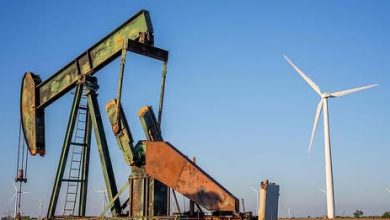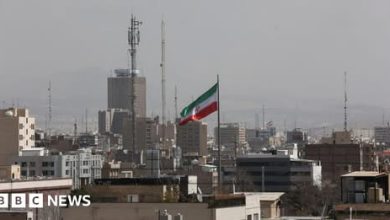FIVE DAYS THAT CHANGED THE WAR IN UKRAINE

CNN : 29 April 2022
This was the week when the war in Ukraine truly transitioned from one nation’s bloody fight for liberation against Russia’s vicious onslaught to a potentially years-long great power struggle.
Every day brought a sense of grave, historic events and decisions that will not just decide who wins the biggest land war between two countries in Europe since World War II, but will shape the course of the rest of the 21st century.
President Joe Biden declared Thursday that two months of fighting in the war triggered by Russian President Vladimir Putin’s unprovoked invasion had brought the world to a critical point.
“Throughout our history, we’ve learned that when dictators do not pay the price for their aggression, they cause more chaos and engage in more aggression,” Biden said. “They keep moving. And the costs, the threats to America and the world, keep rising. We can’t let this happen.”
Hawkish British Foreign Secretary Liz Truss was more blunt: “Geopolitics is back.”
Over just a few days, a new realization dawned in Washington, Europe, Kyiv and Moscow. The war is now transitioning into a long, bitter struggle, which will likely cost thousands more lives and tens of billions of dollars. The US strategy is now unequivocal and public — to weaken Russia to diminish its global threat. There are fresh signs of the Kremlin’s desire to eradicate Ukrainian culture in its pulverizing of eastern and southern cities. And Putin unleashed a new front — energy warfare — as he cut off natural gas supplies to Bulgaria and Poland in what the EU quickly branded “blackmail.”
As these conflicting aims came into focus, nuclear rhetoric heated up yet again, with Russia keen to warn of the implied power of its vast arsenal, and Washington trying to avoid an escalatory cycle that could lead to a direct superpower clash.
Russia making 'slow and uneven' progress as military tries to fix problems that plagued early invasion, US officials say
Russia making ‘slow and uneven’ progress as military tries to fix problems that plagued early invasion, US officials say
The carnage in Ukraine, meanwhile, goes on. Vicious attacks and sieges of civilian areas prefaced Russia’s new assault on the south and east — battles that could decide whether Ukraine survives as a nation. Yet this week also brought the first signs that Russians accused of atrocities could face accountability.
But the alarming reality that no credible diplomatic track exists to end the war was laid bare when Russian missiles slammed into Kyiv on Thursday while UN Secretary-General António Guterres was still in town on an apparently futile mission, which had begun earlier in the week with tense talks with Putin.





